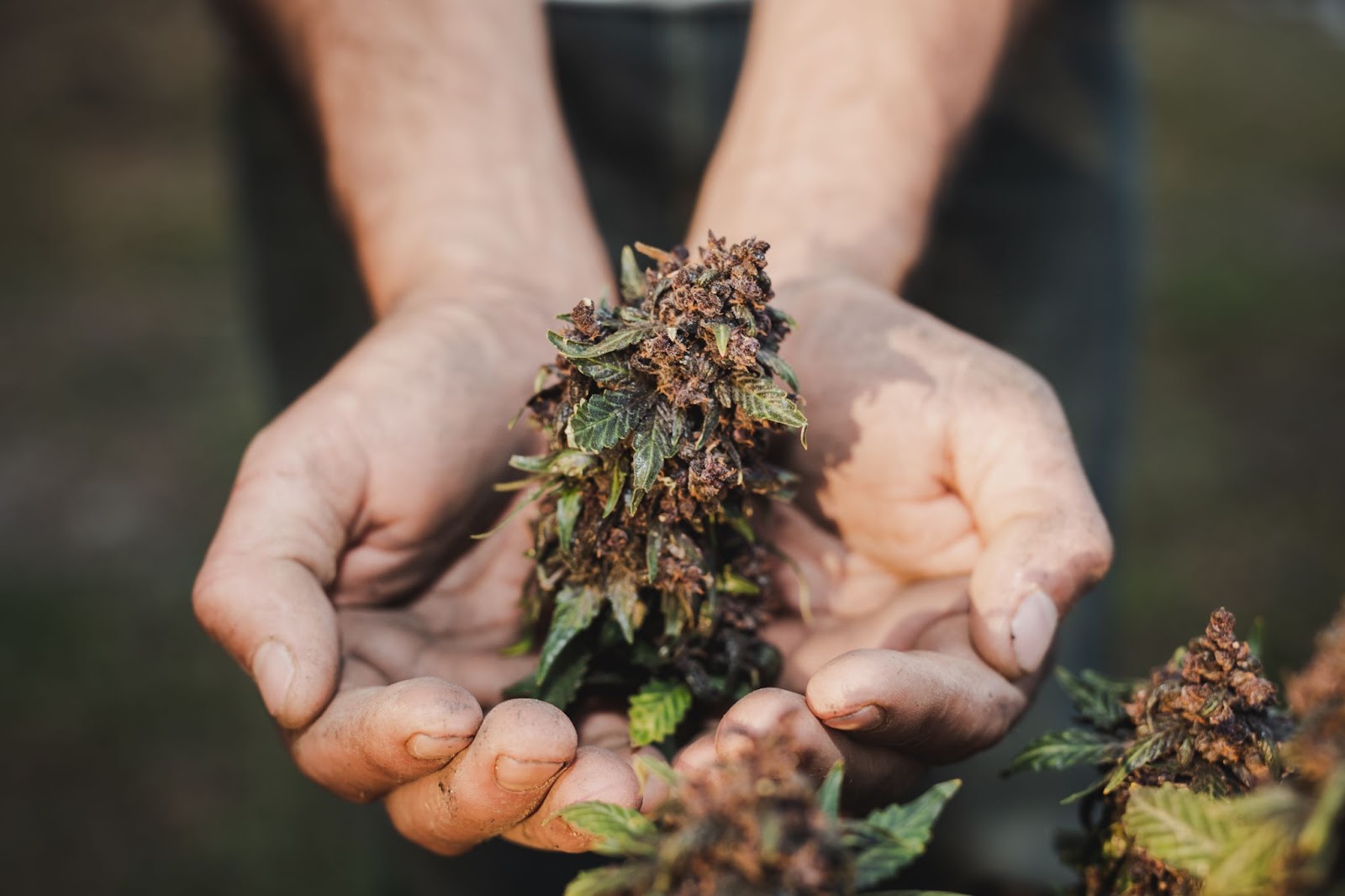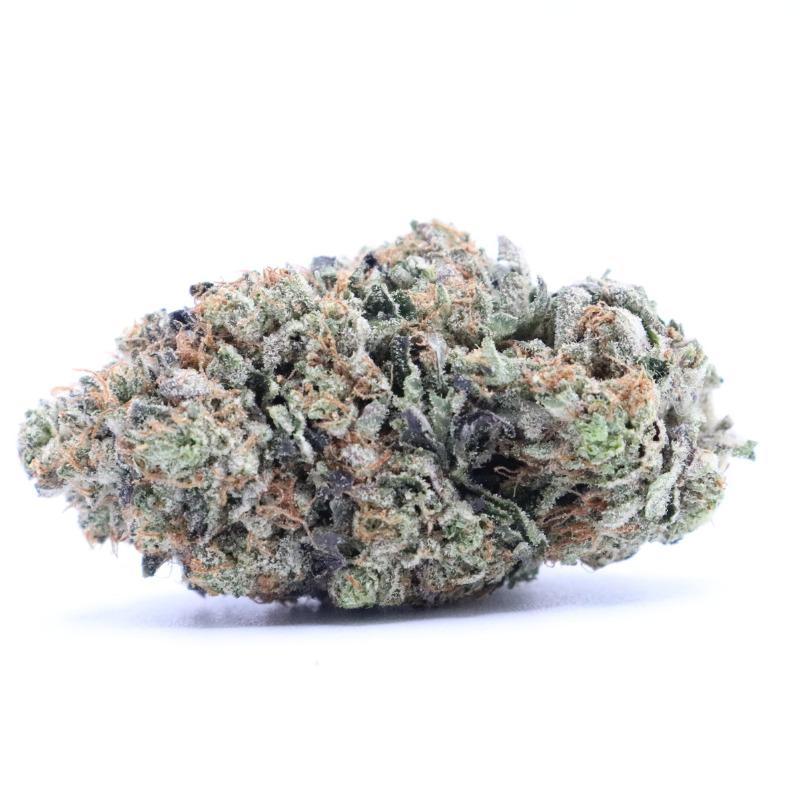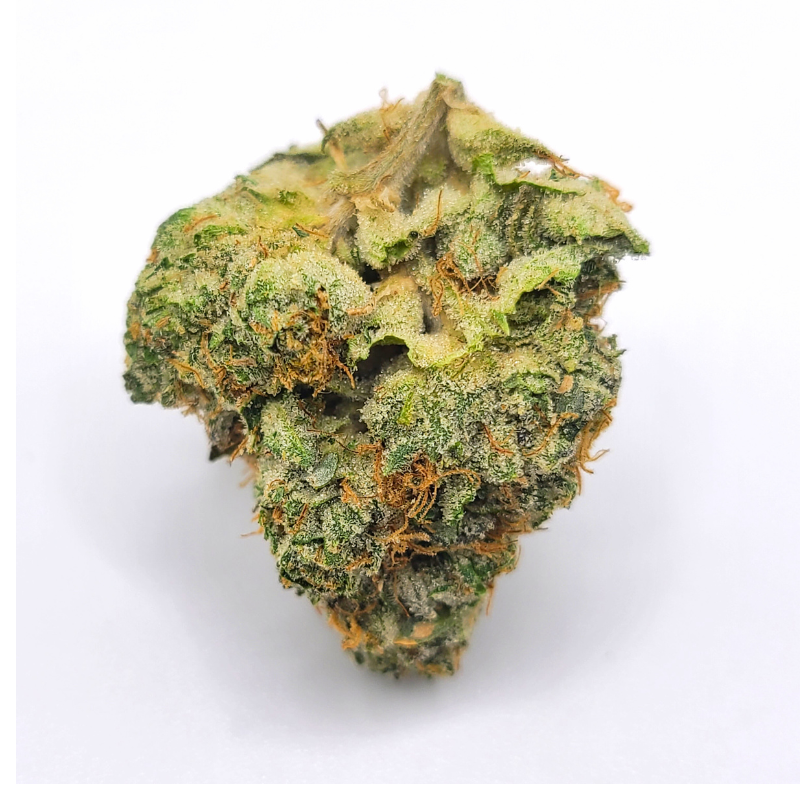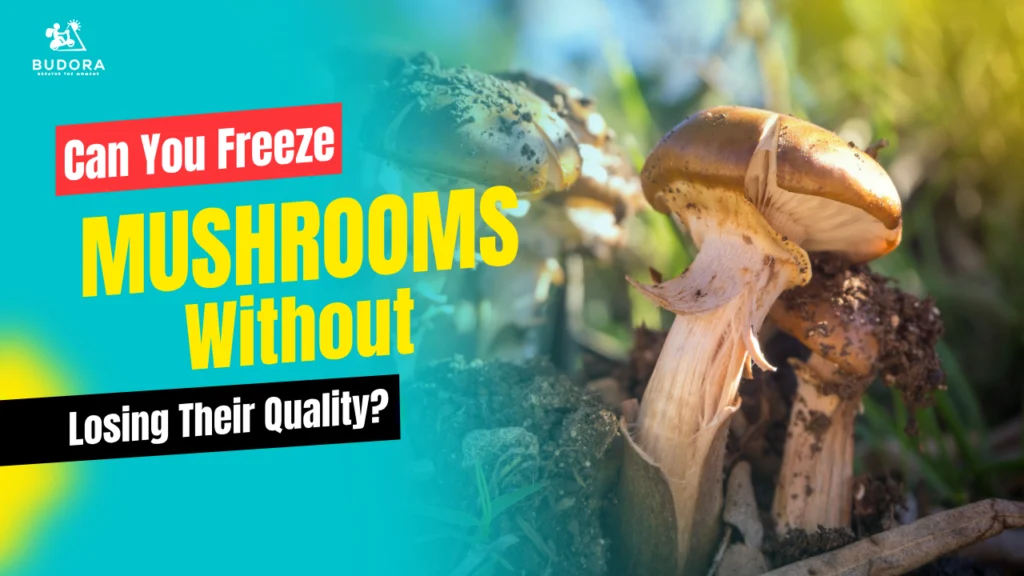Blog


Using Weed for Anorexia to Boost Appetite and Well-Being
- Budora Team
Struggling with anorexia’s impact on your appetite and well-being? You’re not alone, and medical cannabis is emerging as a promising solution. Often called a game-changer, it’s helping individuals improve appetite, reduce emotional stress, and support recovery. With growing research and real-world success stories, many are turning to it as a complementary therapy. Ready to learn how it could work for you? Let’s dive into the possibilities.
Key Highlights
- Cannabis compounds like THC and CBD can stimulate appetite, reduce anxiety, and support mood balance in individuals with anorexia.
- Scientific studies show promising results in appetite improvement, weight gain, and reduced eating-related anxiety through cannabinoid therapy.
- Strains like Granddaddy Purple, Durban Poison, and Girl Scout Cookies offer targeted benefits, while methods like vaping and tinctures aid in personalized treatment.
How Cannabis Affects Appetite and Mood
The therapeutic potential of cannabis comes from its interaction with the endocannabinoid system (ECS), which regulates appetite, mood, and stress. Cannabis compounds, particularly THC (tetrahydrocannabinol) and CBD (cannabidiol), can help:
Stimulate Appetite
THC activates CB1 receptors in the brain, directly enhancing hunger and reducing food aversion. This mechanism is particularly beneficial for individuals with anorexia nervosa, where appetite stimulation is crucial.
Manage Anxiety and Depression
CBD may calm the mind and improve emotional well-being, addressing the mental health challenges tied to anorexia. Indica strains help with depression and anxiety, providing a sense of relaxation and mental clarity. Check out the guide on Indica strains for anxiety and depression at Budora.
Alleviate Physical Symptoms
Cannabis may help reduce nausea and digestive discomfort, often experienced during meals, making it easier to maintain a regular eating schedule.
Support Neurotransmitter Balance
By influencing serotonin and dopamine pathways, cannabis helps improve mood and reduce obsessive behaviors linked to the disorder.

Scientific Research Supporting Cannabis Use for Anorexia
As cannabis becomes more accepted in medical communities, research continues to explore its therapeutic potential in eating disorders like anorexia. Several studies have shown encouraging results:
- A study published in Biological Psychiatry reported that THC significantly increased food intake in anorexic patients and reduced anxiety related to eating.
- Research in the International Journal of Eating Disorders noted improvements in weight gain, appetite stimulation, and mood stabilization with cannabinoid therapy.
- Additionally, CBD’s impact on reducing anxiety and obsessive-compulsive tendencies offers support for addressing the psychological symptoms of anorexia.
While larger clinical trials are still needed, these findings—along with increasing anecdotal evidence—indicate that medical cannabis may be a valuable complementary treatment when used under professional supervision.
Discover the Best Strains to Boost Appetite and Restore Balance
Choosing the right strain is crucial, as each has unique effects. Below are some appetite-stimulating cannabis strains with mood-enhancing properties:
Granddaddy Purple
Known for its calming effects and strong appetite stimulation, it is ideal for evening relaxation. The best Granddaddy Purple Indica strains are available at.
Durban Poison
Durban Poison offers uplifting energy and hunger stimulation, great for daytime use. Explore more energizing Sativa strains available.
Girl Scout Cookies
A balanced Hybrid Cannabis strain that combines relaxation with mental clarity, promoting an enjoyable eating experience.
Blue Dream
Provides mental focus with gentle physical relaxation, encouraging consistent food intake.
Pineapple Express
Uplifting with a moderate appetite boost, perfect for patients who need mild euphoria.
Methods of Consumption for Anorexia Treatment
The effectiveness of cannabis also depends on the mode of consumption:
- Vaping: High-quality weed cartridges provide immediate appetite stimulation but require careful dosing.
- Edibles: Premium edibles have long-lasting effects and are suitable for sustaining appetite throughout the day.
- Tinctures/Oils: Tinctures are easy to administer and dose, providing a discreet way to manage symptoms.


Precautions and Considerations
- Medical Supervision: Always consult a healthcare provider to avoid interactions with other treatments.
- Start Low, Go Slow: Begin with low doses to monitor effects and reduce the risk of side effects like paranoia or excessive sedation.
- Personalization: Not all strains work equally for everyone, so experimentation under guidance is essential.
Conclusion
Medical cannabis, especially THC-rich strains, offers a promising tool for managing anorexia by addressing appetite loss and emotional distress. Strains like Granddaddy Purple and Durban Poison stand out for their dual role in appetite stimulation and mood enhancement. However, integrating cannabis into treatment requires a thoughtful, medically supervised approach to ensure safety and effectiveness.
Frequently Asked Questions
Can cannabis help with anorexia?
Yes, cannabis can stimulate appetite, improve mood, and reduce anxiety, making it an effective tool for managing anorexia symptoms. THC and CBD interact with the body’s endocannabinoid system to enhance hunger and emotional well-being.
Can CBD help with anorexia symptoms?
Yes, CBD may help manage anxiety, depression, and emotional stress, which are often linked to anorexia. It promotes a sense of calm and may support mental well-being during recovery.
What is the best cannabis strain for improving sleep in anorexia patients?
Granddaddy Purple is known for its sedative effects and can help patients with anorexia who experience sleep disturbances, promoting restful sleep while stimulating appetite.
Can cannabis improve the emotional well-being of anorexia patients?
Yes, cannabis, particularly CBD, can help reduce anxiety, manage depression, and support emotional stability, which are common issues in anorexia.
Are there any side effects of using cannabis for anorexia?
Potential side effects include dizziness, dry mouth, and paranoia. It’s important to start with low doses and consult a healthcare provider to avoid adverse reactions.
Like this article?

Budora Team
OTHER ARTICLES YOU MAY LIKE



